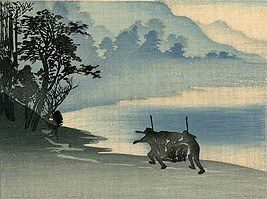 资源介绍
资源介绍
A Village Life, Louise Gluck’s eleventh collection of poems, begins in the topography of a village, a Mediterranean world of no definite moment or place: ” “”All the roads in the village unite at the fountain.””Avenue of Liberty, Avenue of the Acacia Trees–“”The fountain rises at the center of the plaza;””on sunny days, rainbows in the piss of the cherub.””–from “tributaries”” Around the fountain are concentric circles of figures, organized by age and in degrees of distance: fields, a river, and, like the fountain’s opposite, a mountain. Human time superimposed on geologic time, all taken in at a glance, without any undue sensation of speed. Gluck has been known as a lyrical and dramatic poet; since Ararat, she has shaped her austere intensities into book-length sequences. Here, for the first time, she speaks as “the type of describing, supervising intelligence found in novels rather than poetry,” as Langdon Hammer has written of her long lines–expansive, fluent, and full–manifesting a calm omniscience. While Gluck’s manner is novelistic, she focuses not on action but on pauses and intervals, moments of suspension (rather than suspense), in a dreamlike present tense in which poetic speculation and reflection are possible.
露易丝·格丽克(Louise Glück,1943—2023)美国桂冠诗人,生于一个匈牙利裔犹太人家庭,1968年出版处女诗集《头生子》,至今著有十二本诗集和一本诗随笔集,遍获各种诗歌奖项,包括普利策奖、国家图书奖、全国书评界奖、美国诗人学院华莱士·斯蒂文斯奖、波林根奖等。
格丽克的诗长于对心理隐微之处的把握,早期作品具有很强的自传性,后来的作品则通过人神对质,以及对神话人物的心理分析,导向人的存在根本问题,爱、死亡、生命、毁灭。自《阿勒山》开始,她的每部诗集都是精巧的织体,可作为一首长诗或一部组诗。从《阿勒山》和《野鸢尾》开始,格丽克成了“必读的诗人”。

 资源介绍
资源介绍





副本-1.png)


